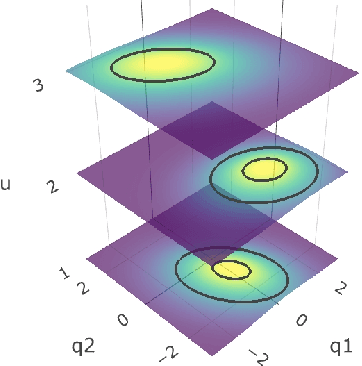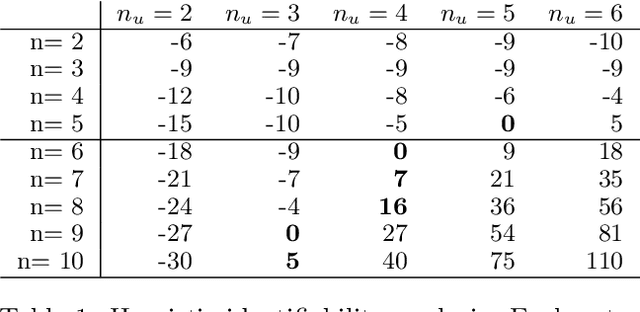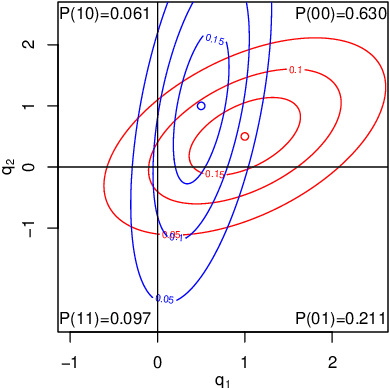Vitória Barin-Pacela
Identifiability of Discretized Latent Coordinate Systems via Density Landmarks Detection
Jun 28, 2023Abstract:Disentanglement aims to recover meaningful latent ground-truth factors from only the observed distribution. Identifiability provides the theoretical grounding for disentanglement to be well-founded. Unfortunately, unsupervised identifiability of independent latent factors is a theoretically proven impossibility in the i.i.d. setting under a general nonlinear smooth map from factors to observations. In this work, we show that, remarkably, it is possible to recover discretized latent coordinates under a highly generic nonlinear smooth mapping (a diffeomorphism) without any additional inductive bias on the mapping. This is, assuming that latent density has axis-aligned discontinuity landmarks, but without making the unrealistic assumption of statistical independence of the factors. We introduce this novel form of identifiability, termed quantized coordinate identifiability, and provide a comprehensive proof of the recovery of discretized coordinates.
Binary Independent Component Analysis via Non-stationarity
Nov 30, 2021



Abstract:We consider independent component analysis of binary data. While fundamental in practice, this case has been much less developed than ICA for continuous data. We start by assuming a linear mixing model in a continuous-valued latent space, followed by a binary observation model. Importantly, we assume that the sources are non-stationary; this is necessary since any non-Gaussianity would essentially be destroyed by the binarization. Interestingly, the model allows for closed-form likelihood by employing the cumulative distribution function of the multivariate Gaussian distribution. In stark contrast to the continuous-valued case, we prove non-identifiability of the model with few observed variables; our empirical results imply identifiability when the number of observed variables is higher. We present a practical method for binary ICA that uses only pairwise marginals, which are faster to compute than the full multivariate likelihood.
 Add to Chrome
Add to Chrome Add to Firefox
Add to Firefox Add to Edge
Add to Edge